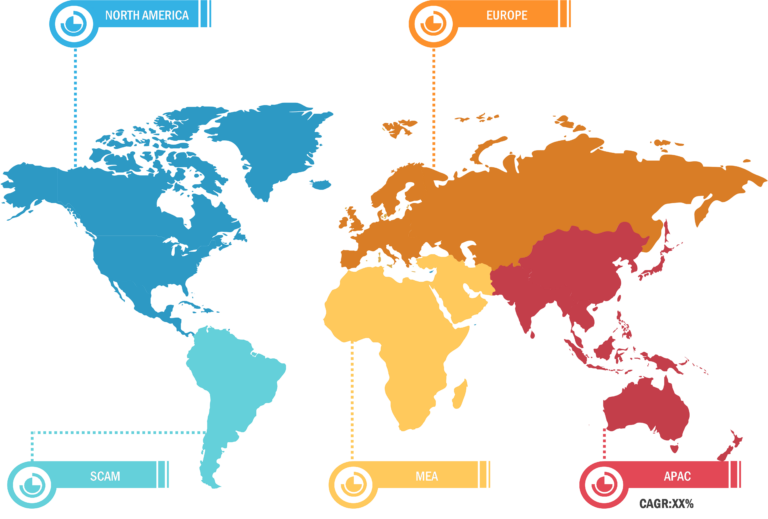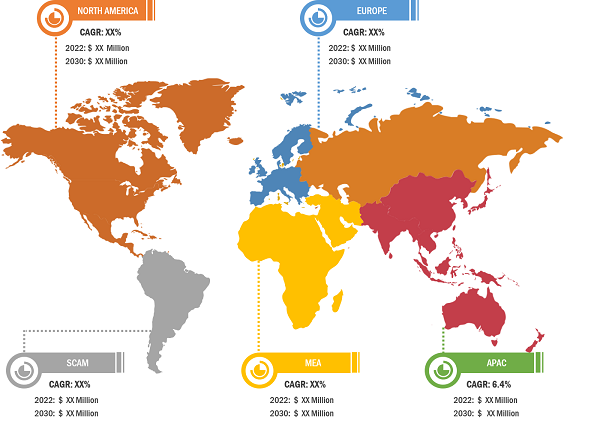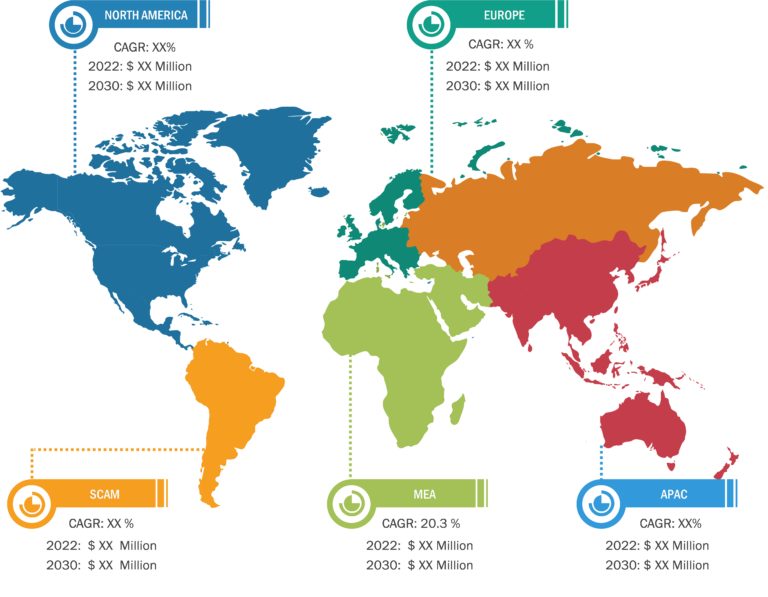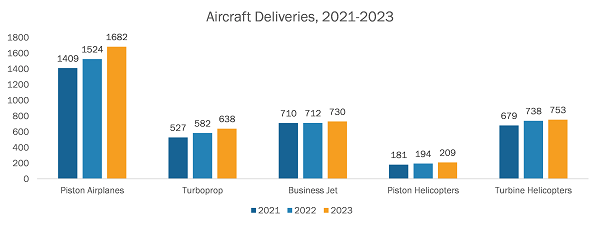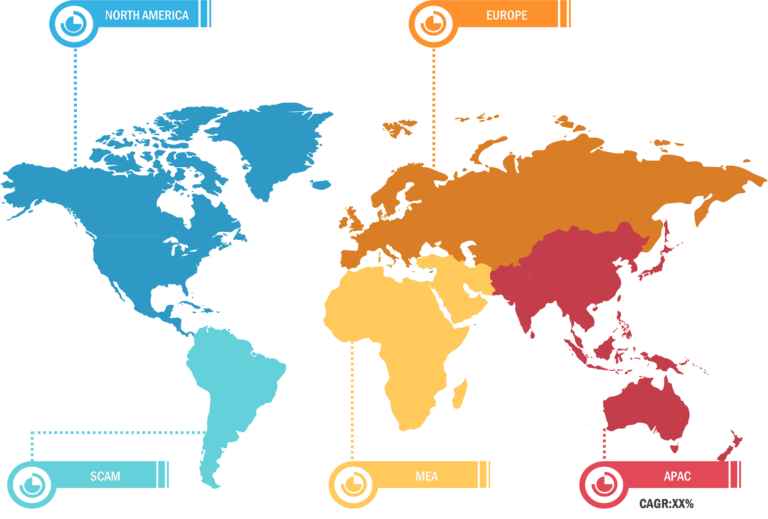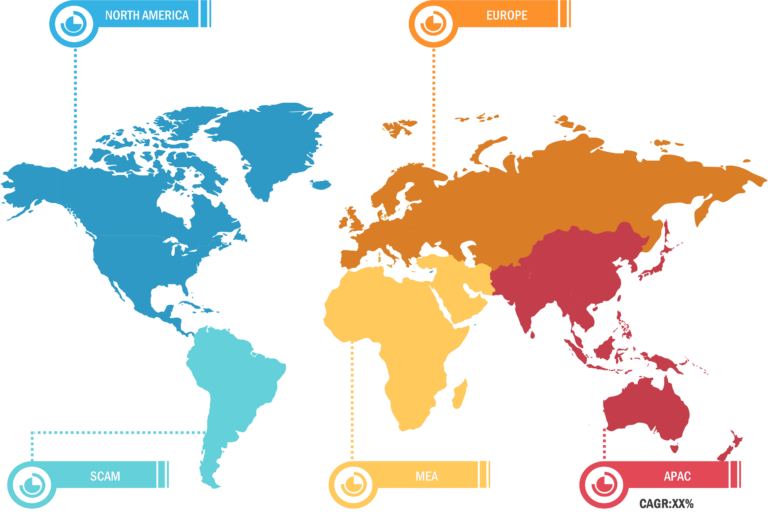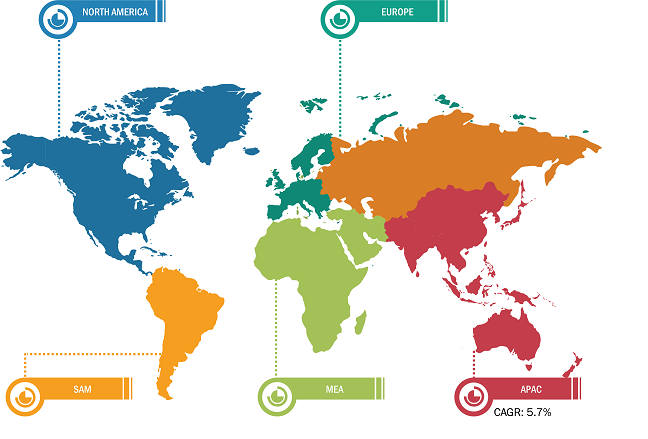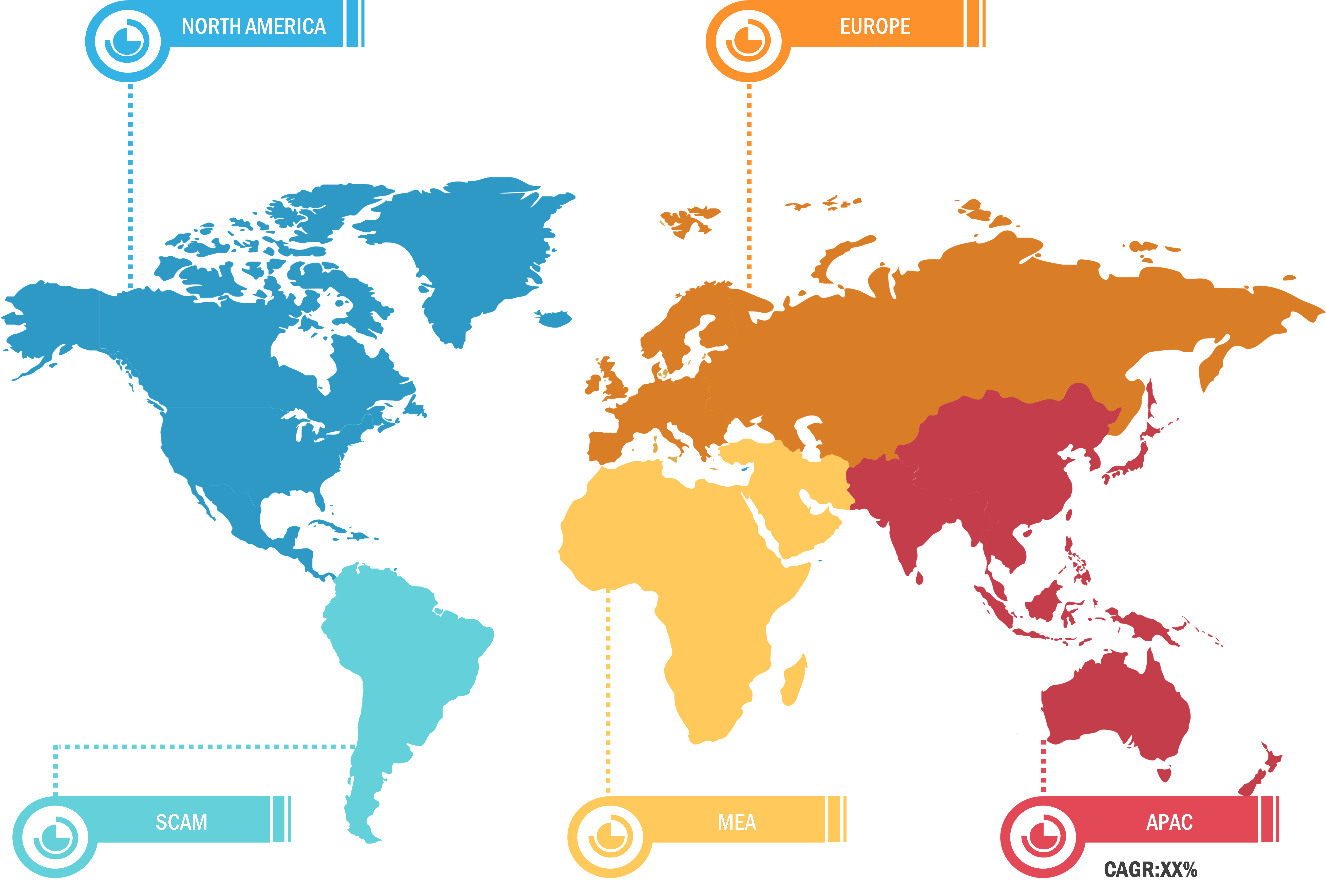
Prostate Cancer Therapeutics Market
The increasing prevalence of prostate cancer and surging strategic initiatives by companies propel the Prostate Cancer Treatment market growth. However, the high cost of Prostate Cancer Treatment hinders the growth of the market. Further, the growing use of targeted therapy is expected to bring new Prostate Cancer Treatment market trends in the coming years.
Strong Product Pipeline Signifies Notable Opportunities for Prostate Cancer Treatment Market Growth
The current landscape for prostate cancer therapies is promising, with multiple drug approvals in the pipeline and many ongoing clinical trials. Different prostate cancer therapies are in various stages of clinical development. A few of the prostate cancer therapies that are in different phases of clinical studies are mentioned below.
| Sr. No. | Manufacturer | Product Name | Clinical Trial Phase |
| 1 | AstraZeneca | capivasertib | Clinical Phase II |
| capivasertib + abiraterone CAPItello-281 | Clinical Phase III | ||
| 2 | Pfizer | PF-07220060 + enzalutamide | Clinical Phase I |
| PF-06821497 + enzalutamide | Clinical Phase II | ||
| TALZENNA | Clinical Phase III | ||
| 3 | Lilly | Abemaciclib | Clinical Phase III |
Source: ClinicalTrials.gov
A strong product pipeline for the treatment of prostate cancer using chemotherapy, targeted therapy, and combinational therapy is expected to fuel the growth of the prostate cancer therapeutics market in the future.
In terms of geography, the prostate cancer treatment market is segmented into North America (US, Canada, and Mexico), Europe (Spain, UK, Germany, France, Italy, and Rest of Europe), Asia Pacific (South Korea, China, India, Japan, Australia, and Rest of Asia Pacific), Middle East & Africa (South Africa, Saudi Arabia, UAE, and Rest of Middle East & Africa), and South & Central America (Brazil, Argentina, and Rest of South & Central America). North America held the largest share of the prostate cancer treatment market in 2022. The market growth in this region is ascribed to technological advancements and significant access to modern technologies, the rising number of prostate cancer cases, regulatory support for the expansion of a product pipeline, and the presence of market players engaged in new and existing product developments.
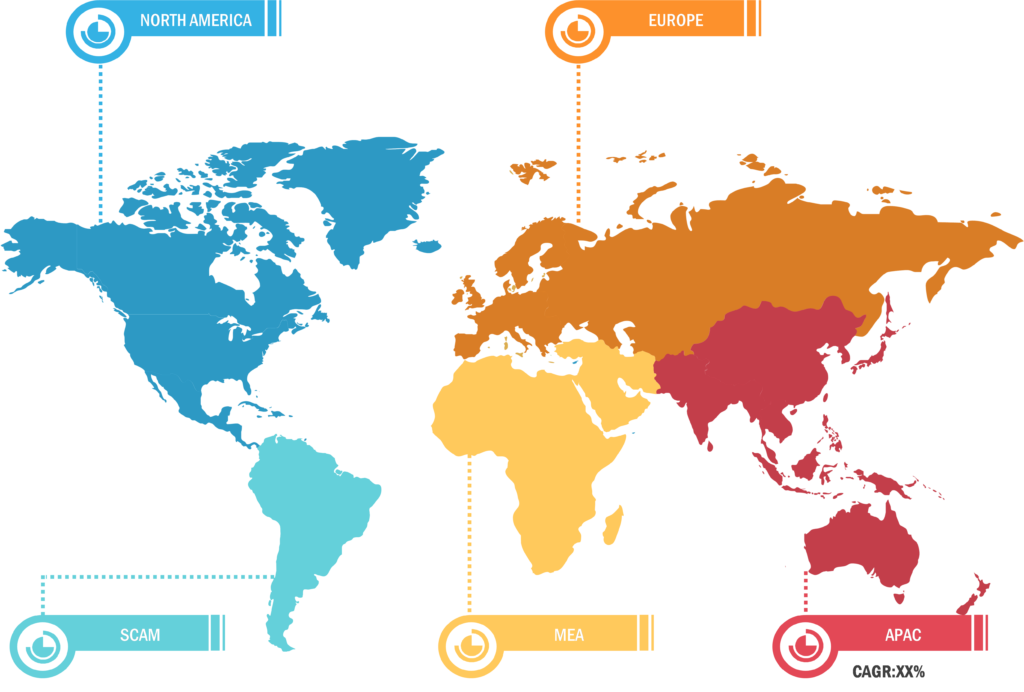
In North America, the US held the largest prostate cancer treatment market share in 2022. Market growth in the country is mainly driven by the increasing incidence of prostate cancer cases and the surging number of product launches. In June 2023, AstraZeneca and MSD’s Lynparza (olaparib) in combination with prednisone or prednisolone and abiraterone was approved in the US to treat adult patients with suspected deleterious BRCA-mutated (BRCAm) mCRPC. In addition, in November 2023, the FDA approved enzalutamide, a product manufactured by Astellas Pharma US, Inc. The product is used for the treatment of non-metastatic castration-sensitive prostate cancer (nmCSPC) among patients with a high risk of biochemical recurrence (high-risk BCR) and metastasis. Other than skin cancer, prostate cancer is one of the most common cancer types diagnosed in American men. The American Cancer Society’s estimates projected ~288,000 new prostate cancer cases and ~34,700 prostate cancer deaths for 2023 in the US. As per the same source, ~ 1 in 8 men will be diagnosed with prostate cancer during their lifetime. Thus, the increasing prevalence of prostate cancer, and growing awareness about early detection and treatment of prostate cancer in the country fuel the prostate cancer therapeutics market growth in the US. In addition, contributions and market initiatives of the key players in the US are influencing the prostate cancer treatment market growth.
The prostate cancer treatment market analysis has been carried out by considering the following segments: therapy type, end users, and geography. By therapy type, the market is segmented into, surgery, radiation therapy, chemotherapy, hormone therapy, immunotherapy, targeted therapy, and others. Based on End Users, the market is divided into Clinics, Hospitals, and Others.
Prostate Cancer Treatment Market: Competitive Landscape and Key Developments
Astella Pharma Inc, Eli Lilly and Company, Bayer AG, Merck KGaA, Sanofi, AstraZeneca, Johnson & Johnson Services Inc, Novartis AG, AbbVie, and Bristol Myers Squibb are among the prominent players profiled in the prostate cancer treatment market report. In addition, several other players have been studied and analyzed during the study to get a holistic view of the market and its ecosystem. These companies focus on geographic expansions and new product launches to meet the growing demand from consumers worldwide and broaden their product range with the introduction of specialty portfolios. Their global presence allows them to serve a large customer base, subsequently facilitating market expansion.
A few strategic plans by key players operating in the Prostate Cancer Treatment market, as per their press releases, are listed below:
- In November 2023, Astellas Pharma Inc acquired Propella Therapeutics Inc. with this, Astellas gained access to PRL-02 (abiraterone decanoate), a next-generation androgen biosynthesis inhibitor being developed by Propella to treat prostate cancer.
- In July 2023, the FDA approved a new treatment for the most advanced prostate cancer. The newly approved treatment combines enzalutamide with talazoparib, which was already available for female cancer patients tested positive for BRCA mutations. These inherited gene defects contribute to breast and ovarian cancer, but they can also contribute to prostate cancer in men. Notably, ~10% of men with metastatic prostate cancer are BRCA-positive.
- In February 2023, Fusion Pharmaceuticals Inc. acquired an investigational new drug application (IND) from RadioMedix, Inc. the IND was transferred to Fusion. The drug is in a Phase 2 clinical trial (the TATCIST trial) evaluating 225Ac-PSMA I&T, a small molecule targeting prostate-specific membrane antigen (PSMA) expressed on prostate cancer cells; this drug candidate was in Phase 2 of clinical studies at the time of acquisition. The alpha-emitting radiopharmaceutical being evaluated in the TATCIST trial is named FPI-2265.

